Master in Dairy Economics offers a future in shaping sustainable dairy practices globally. Graduates excel in market analysis, policy development, and financial management, contributing to industry growth.
Future Scope & Benefits for Master in Dairy Economics
A Master's in Dairy Economics promises a robust future, positioning graduates at the forefront of the evolving dairy industry. With specialized skills in market analysis, financial management, and policy development, professionals are equipped to address global challenges and drive sustainable practices. The degree opens doors to diverse career opportunities in agribusiness, research, and governmental roles, ensuring versatility and career advancement. As the demand for dairy products continues to rise worldwide, individuals with expertise in dairy economics play a vital role in shaping the industry's future, contributing to economic growth and environmental sustainability.
Future Scope of a Master's in Dairy Economics:
The future scope of a Master's in Dairy Economics is promising, with graduates positioned to play pivotal roles in shaping the sustainable growth of the dairy industry. As global demand for dairy products rises, professionals with expertise in market analysis, financial management, and policy development will be crucial. Graduates can anticipate opportunities in agribusiness, government agencies, research institutions, and international organizations.
-
Industry Demand: The dairy industry is a crucial component of the global agriculture sector. With a Master's in Dairy Economics, graduates are well-positioned to address the increasing demand for professionals who can analyze, strategize, and optimize economic aspects within the dairy sector.
-
Global Agricultural Trends: Understanding global agricultural trends is essential for informed decision-making. Graduates in Dairy Economics can contribute to shaping policies and strategies that align with emerging trends, including sustainable farming practices, technological advancements, and international trade dynamics.
-
Policy Development and Implementation: Governments and international organizations often seek experts to develop and implement policies related to dairy farming and the economic aspects of the agriculture sector. Graduates can play a pivotal role in influencing policies that impact the dairy industry's sustainability and economic viability.
-
Value Chain Management: The dairy value chain involves various stages, from production to processing and distribution. Professionals with expertise in Dairy Economics can contribute to optimizing this value chain, improving efficiency, reducing waste, and ensuring a fair distribution of economic benefits across stakeholders.
Benefits of a Master's in Dairy Economics:
A Master's in Dairy Economics provides multifaceted benefits, empowering individuals with specialized knowledge to navigate the intricacies of the dairy industry. Graduates gain expertise in market analysis, financial management, and policy development, making them invaluable assets in agribusiness, governmental bodies, and research institutions. This program fosters critical thinking and problem-solving skills, preparing professionals to address challenges in the dairy sector.
-
Career Opportunities: Graduates can pursue diverse career paths within the dairy industry, agricultural policy-making bodies, research institutions, and international organizations. Career roles may include agricultural economist, policy analyst, market researcher, or consultant for dairy-related businesses.
-
Strategic Decision-Making: Understanding the economic dynamics of the dairy sector enables professionals to make informed and strategic decisions. Whether working for a dairy farm, processing facility, or governmental agency, graduates can contribute to optimizing resource allocation, production efficiency, and market positioning.
-
Contribution to Sustainable Agriculture: Sustainability is a growing concern in agriculture. Graduates in Dairy Economics can contribute by developing and implementing economic models that encourage sustainable practices, reduce environmental impact, and ensure the long-term viability of dairy farming.
-
Global Networking Opportunities: The interconnected nature of the dairy industry provides opportunities for professionals to collaborate globally. Graduates can build a network with experts, researchers, and industry professionals, facilitating the exchange of knowledge, best practices, and innovative solutions.
-
Entrepreneurial Ventures: Armed with a solid understanding of dairy economics, some graduates may choose to venture into entrepreneurship. This could involve starting their own dairy farm, consultancy services, or agribusinesses related to the dairy sector.
-
Research and Innovation: A Master's program often involves research components, allowing graduates to contribute to the advancement of knowledge in Dairy Economics. Research outcomes can lead to innovative solutions, improved practices, and a deeper understanding of the economic dynamics in the dairy industry.
 2 Years
2 Years
 Post Graduate
Post Graduate
 Agriculture
Agriculture
 Full Time
Full Time
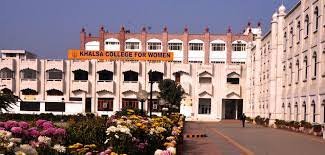
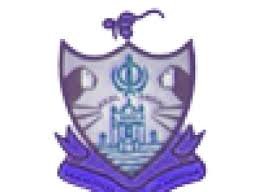
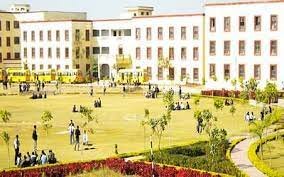
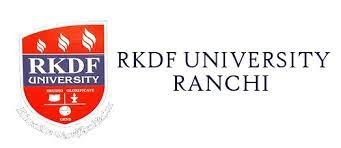
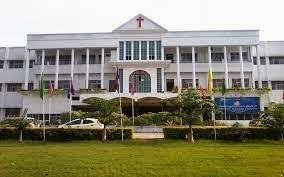
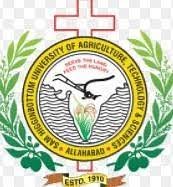
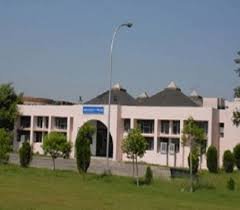
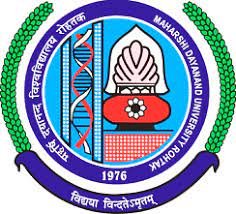
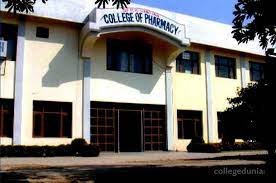
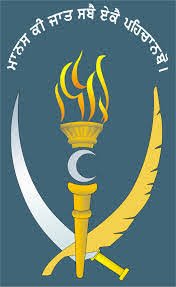



 back
back